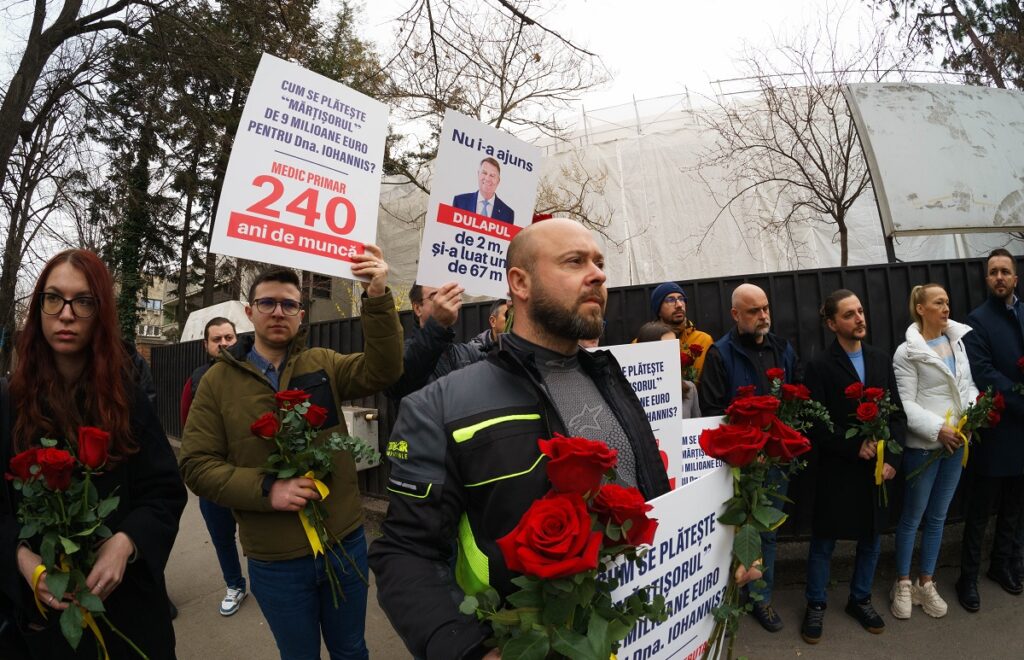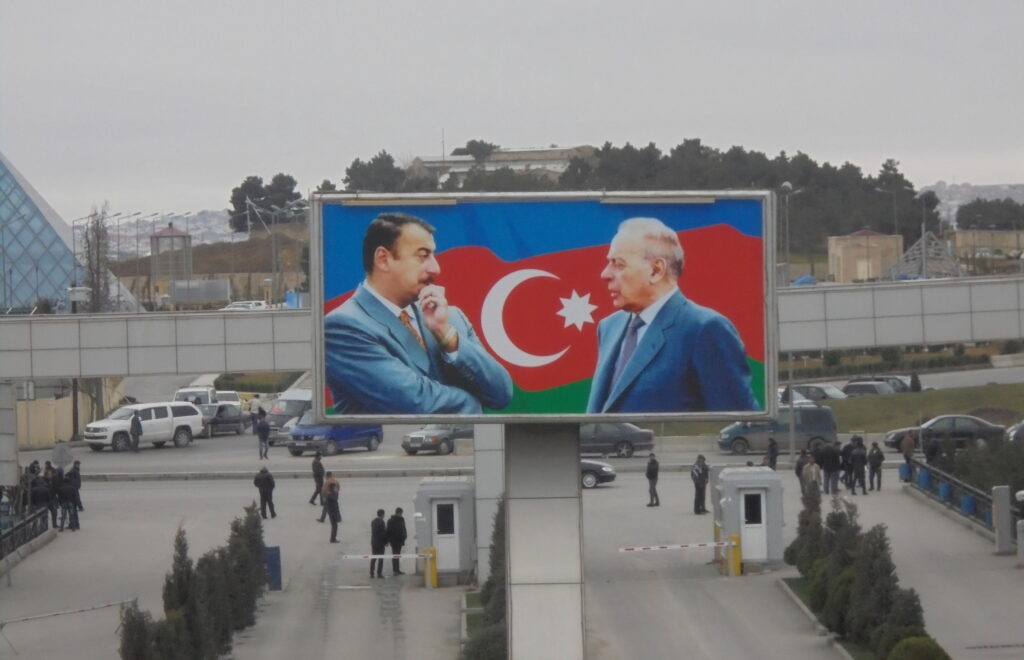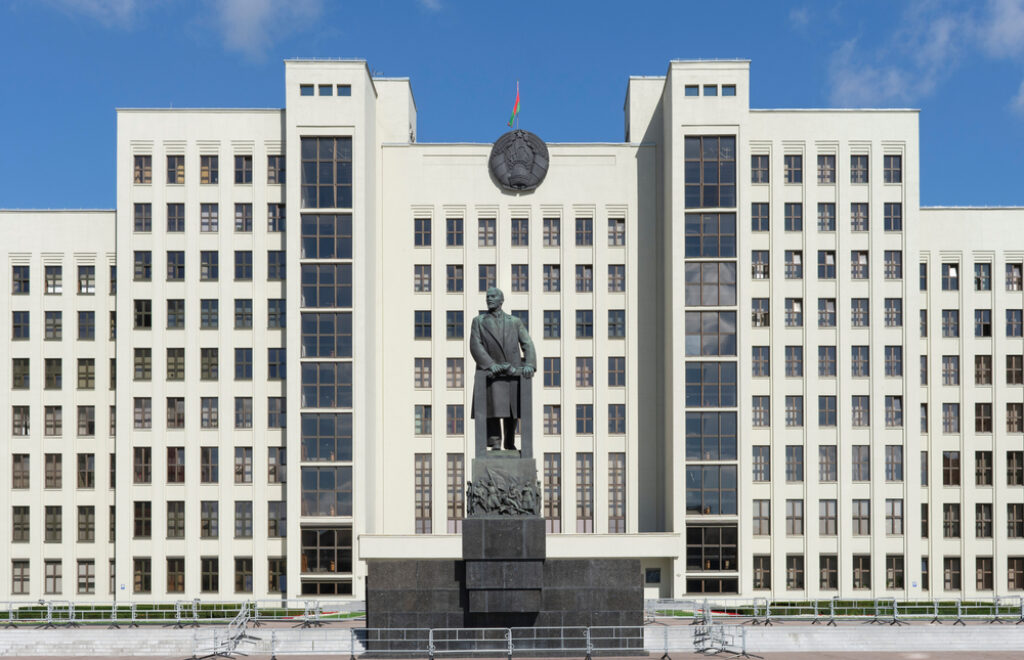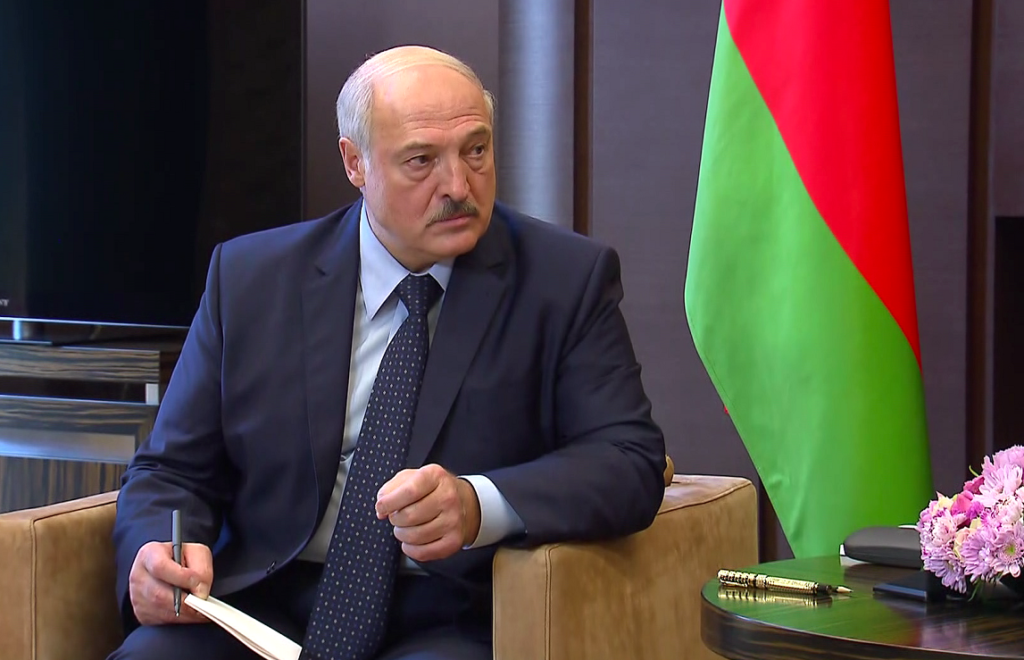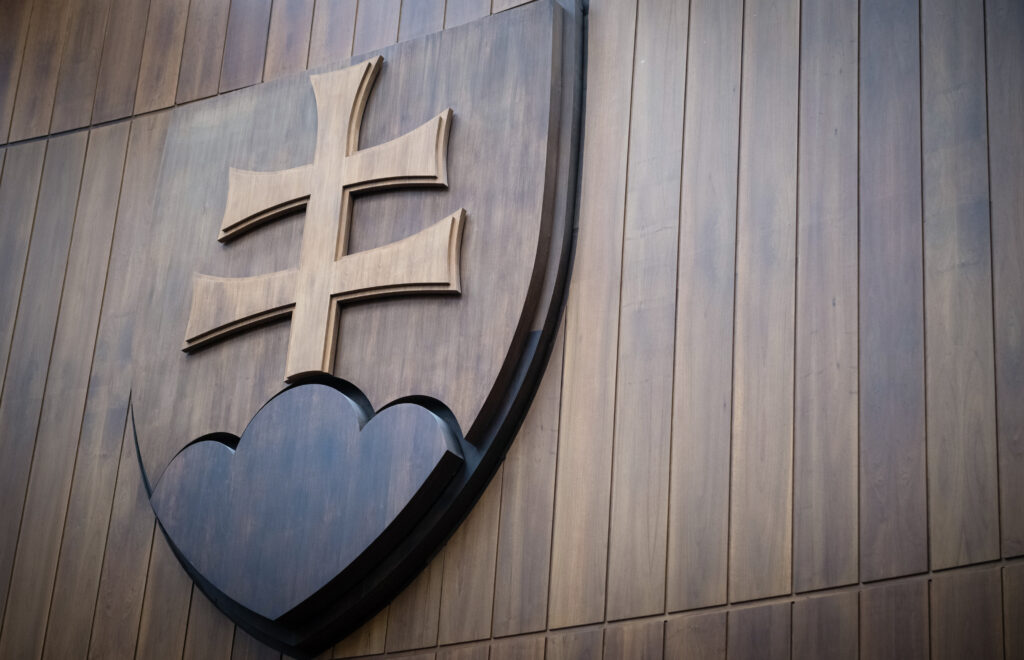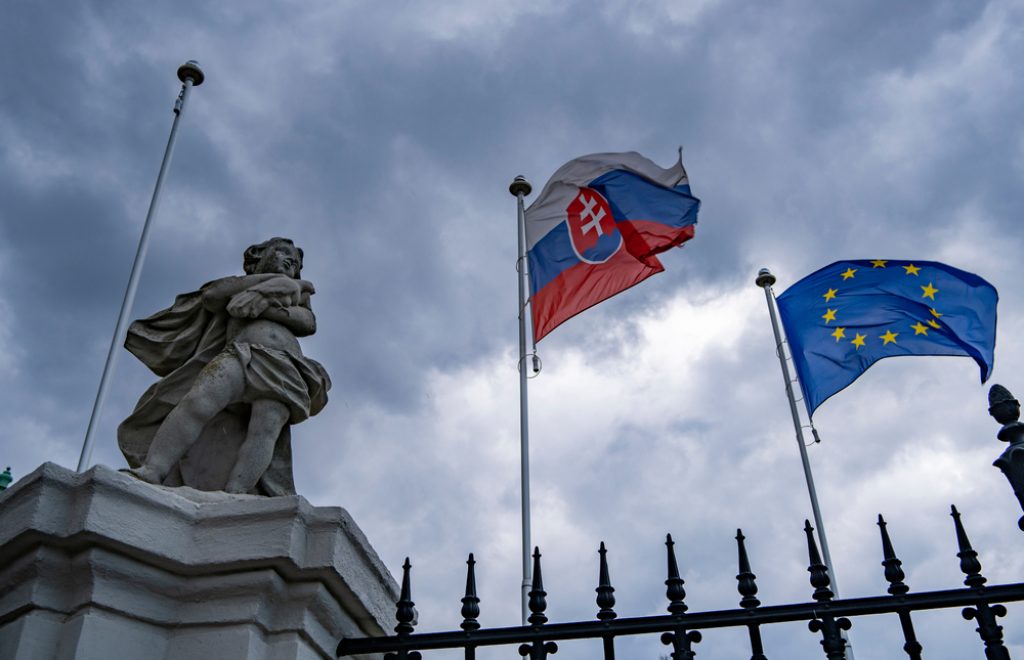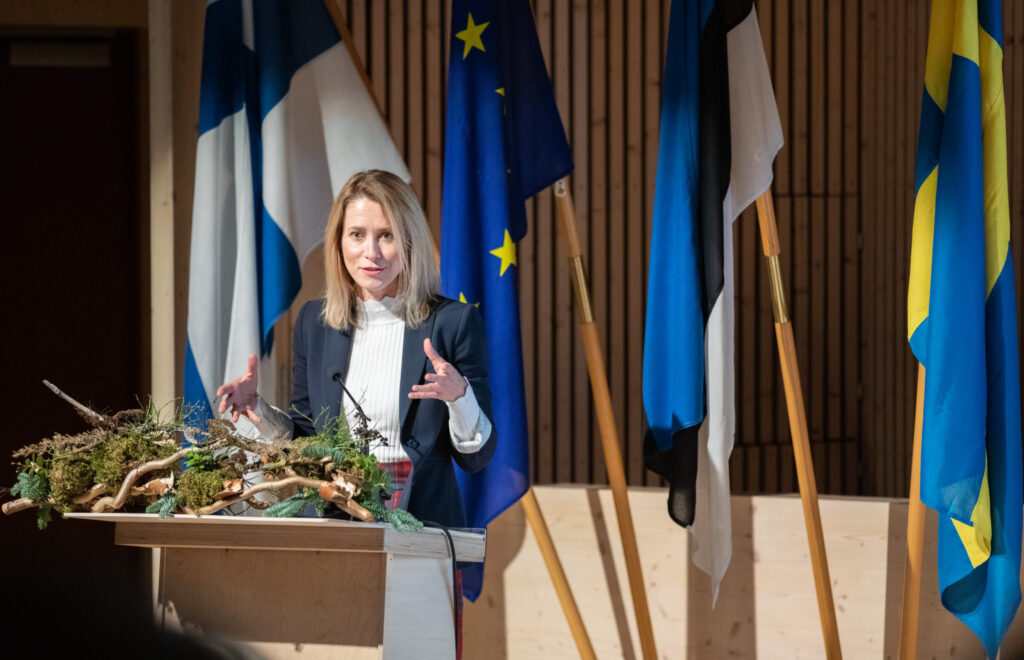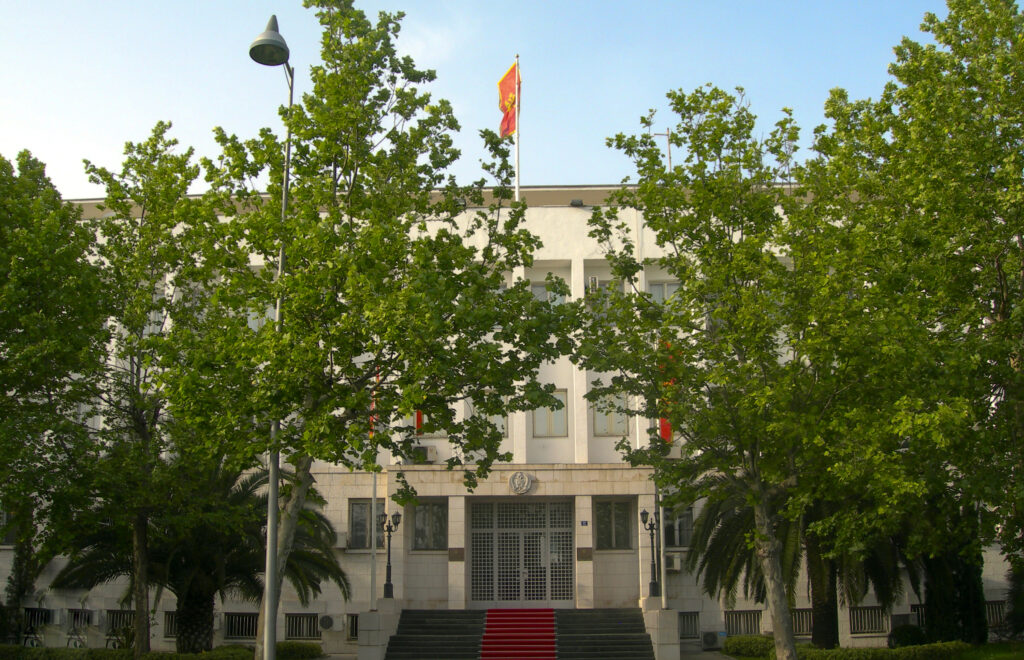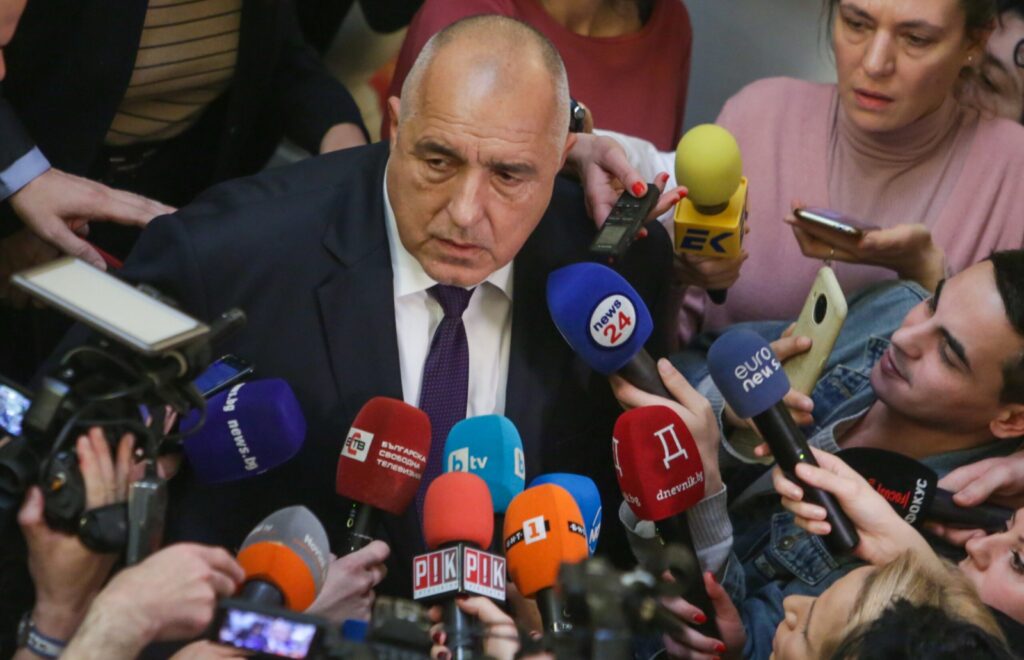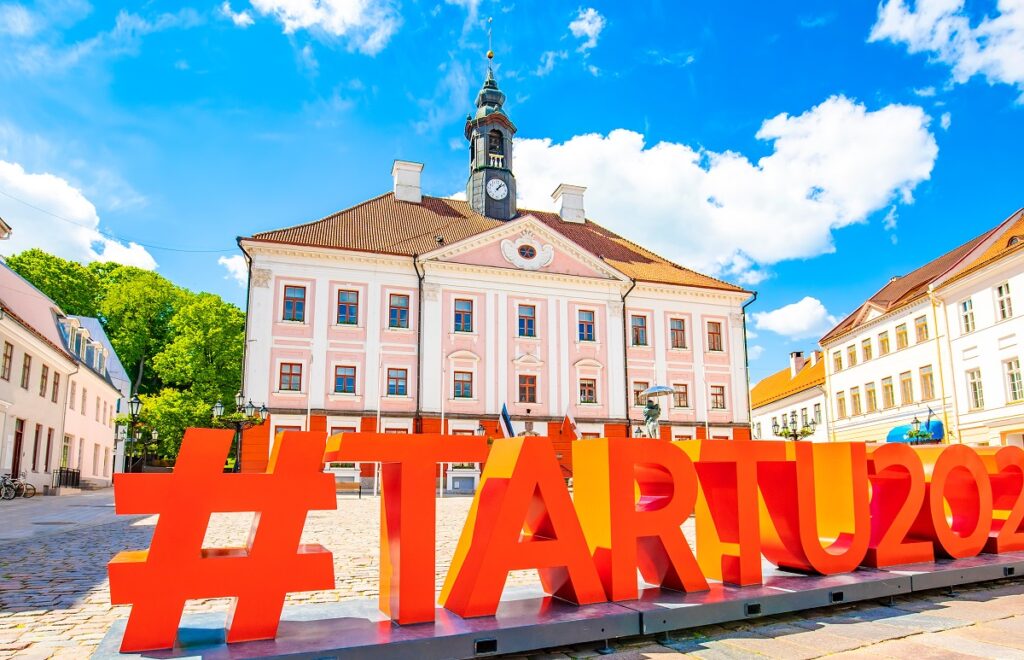A super elections year: Romania’s 2024 political landscape
Romania has never had four rounds of elections in a single year. However, 2024 brings them all: European, local, presidential and parliamentary. Over the past year, there have been discussions about the possibility of merging some of them, especially European and local elections. Yet, until recently, the political calculations within the governing coalition did not favour this option as a means of simplifying the electoral calendar.
April 11, 2024 - Eugen Stancu


